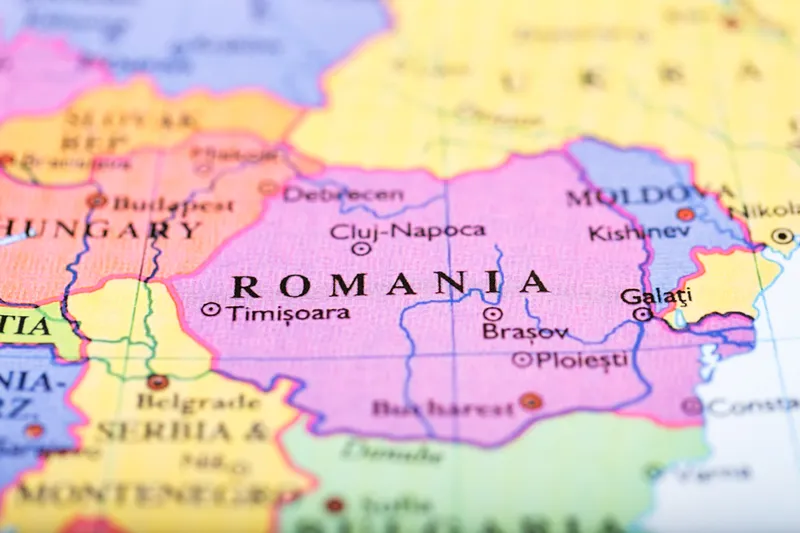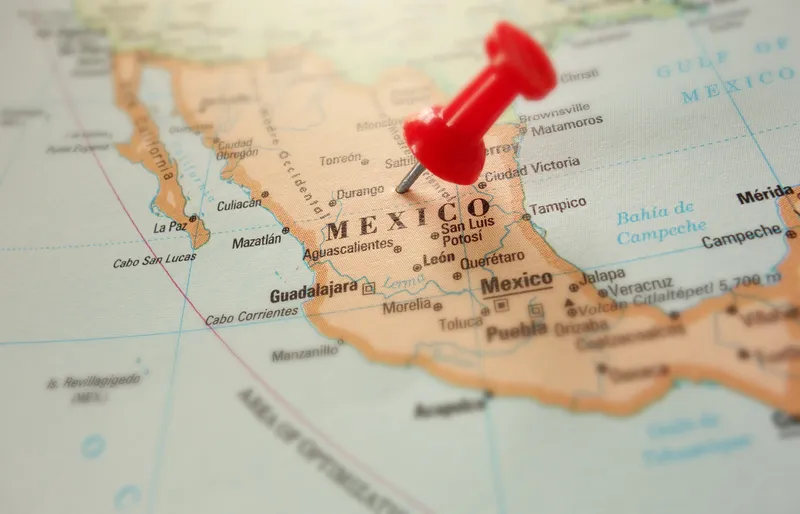Brazil is launching the tendering process for a series of road projects that extend a total of 16,000km. These projects are being planned to open for tender by 2021. From 7,000-8,000km of road projects will open for tender in 2020 and another 8,000km will open to tender in 2021. In addition a number of other road projects will open to tender in 2022. A series of feasibility studies are being carried out at present for a number of major road projects. Approval for the BR-101 highway project in Santa Catarina
September 18, 2019
Read time: 1 min
Brazil is launching the tendering process for a series of road projects that extend a total of 16,000km. These projects are being planned to open for tender by 2021. From 7,000-8,000km of road projects will open for tender in 2020 and another 8,000km will open to tender in 2021. In addition a number of other road projects will open to tender in 2022. A series of feasibility studies are being carried out at present for a number of major road projects. Approval for the BR-101 highway project in Santa Catarina is due shortly.








